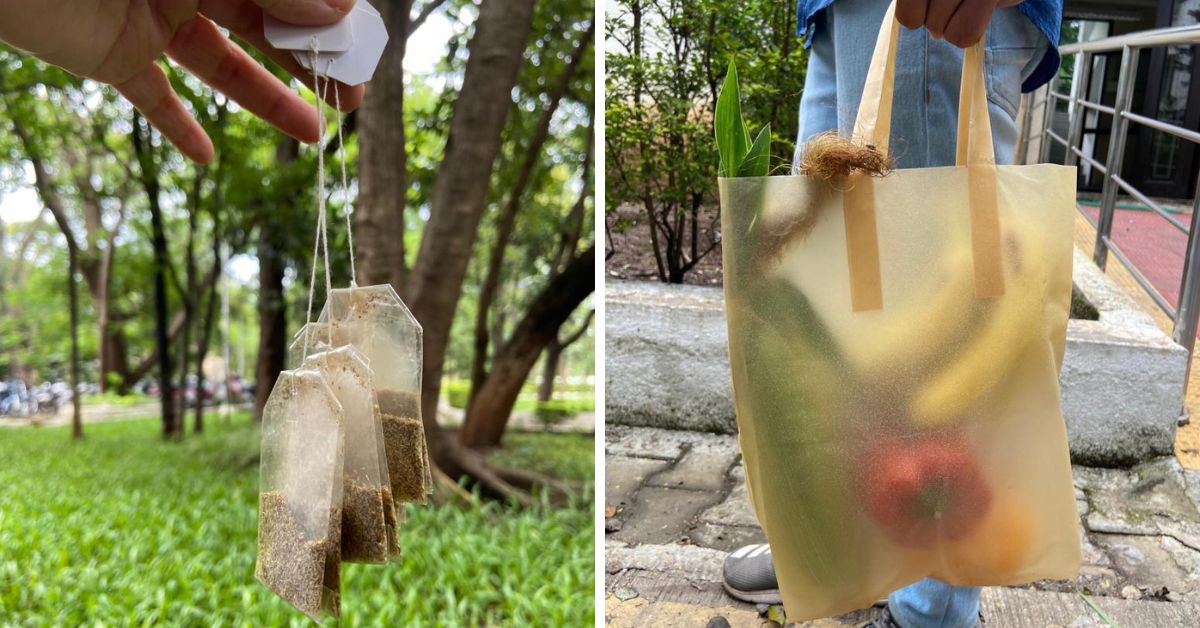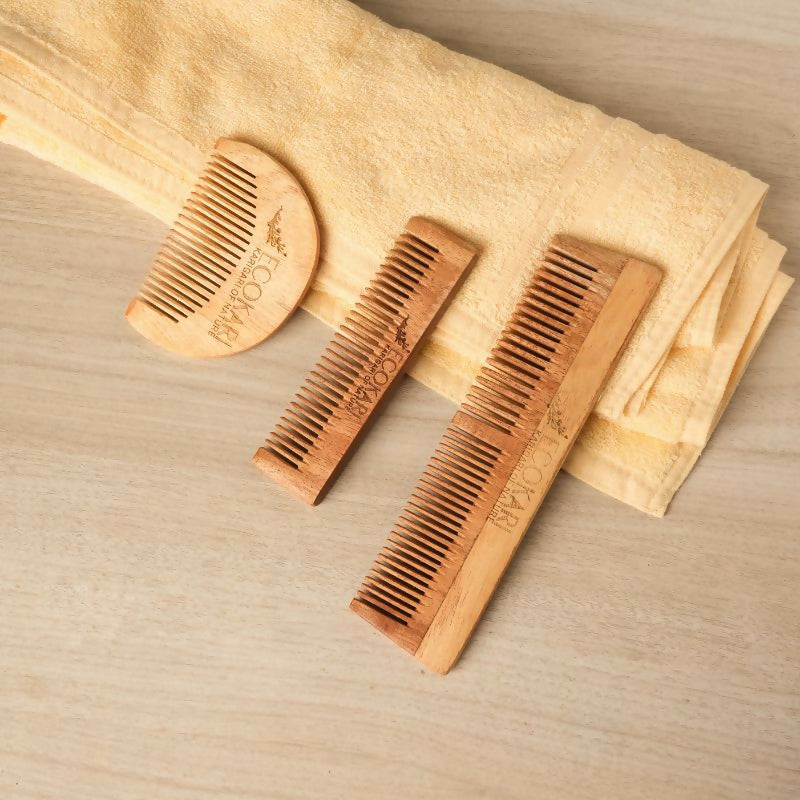Indian Seaweed: The New Plastic Replacement by Zerocircle

The new ocean-friendly plastic alternative is here and it's made of what?
Seaweed. Yeah, those underwater marine plants. Zerocircle was founded by Neha Jain in 2020. It is an Indian innovative company from Pune that's here to reduce plastic pollution by replacing conventional plastics with sustainable seaweed-based alternatives. It’s green, clean, and pretty genius.
Before we get into the new plastic replacement and why it’s most needed, we’re just going to leave this here - the never-ending tale of plastic pollution just keeps getting bigger. Every year, the world produces 430 million tonnes of plastic, reports the UNEP.
The threat of disposal, especially single-use plastic reaching landfills and not being biodegradable, and they literally sit on shorelines, float in oceans, choke marine life, and hurt seabirds who swallow bits thinking it’s food.
It’s a toxic loop. And it’s still running.
Enter: Zerocircle - Plastic, But Make It Planet-Friendly
So here we are, featuring the alternative. Many research studies have explored alternatives, and this brilliant innovation, Zerocircle, is here to stay to make a change and a revolution of its own. Using seaweed, they made a replacement that looks and feels like plastic, only it’s not. Also, it’s not toxic. Oh, and did we tell you that it’s soluble in water and that it’s edible? Yeah, you read that right. It is a completely nature-friendly alternative.

These seaweed films are designed as an alternative to polybags, thin-film plastics used in everything from food packaging to fashion delivery sleeves, even as a dissolvable tea bag, and they reveal that as a grocery or shopping bag, it holds up to 5 kgs. And guess what? Zerocircle won second place in the Tom Ford Plastic Innovation Prize and was awarded $250,000.

Wait, Why Seaweed Though?
Also, if you’re wondering "why seaweed?," Neha says her research led her to seaweed, a regenerative resource that doesn't require soil, land, or freshwater, and it is super fast to grow. The seaweed is sourced from farming communities from Tamilnadu and other regions. They are later processed and filtered into a gel-like polymer, which is also edible and compostable. This gel becomes the base for films, coatings, and packaging materials. It mimics plastic in appearance, but breaks down without microplastics.
Also, for the marine friends, the beautiful sea animals, they wouldn’t be harmed even if they ingested it.
They researched and want to make these products for industry-wide use and not just end with research or just a sample. They want to help brands switch to carbon-neutral packaging and leave nothing harmful behind.
Even the leftovers from the seaweed don’t go to waste. Their crop stubble and seaweed are turned into tree-free paper, because when they say leave nothing behind and they actually mean it. Apart from the paper, Zerocircle has created food packaging too. Major food chains can switch to these boxes because the traditional takeaway boxes have plastic coating in it - watch it on the reel here.

The New Alternative - Backed by Science and Purpose
Zerocircle is working with engineers, scientists, and biochemists and collaborates with brands across various industries to adopt sustainable materials, addressing challenges like plastic pollution and climate change. Through extensive research and development, Zerocircle has created seaweed-based products like films, coatings, and papers. These products are designed to be compostable, leaving no microplastics behind, and aim to revolutionize packaging across sectors such as healthcare, the food industry, and even the pollutive fashion industry.
But can you even tell the difference? Maybe not, the looks mimic plastic. But the impact is enormous.
As much as we love the alternatives and the replacements, we also need awareness about plastic and mindful reuse and disposal. Using it is one thing, but throwing it away irresponsibly doesn’t solve the problem, it only adds to it and unknowingly contributes to a bigger threat. So while seaweed-based packaging is a win, so is remembering to reduce, reuse, recycle and rethink the “use and toss” culture.
Let us know what you think about plastic consumption in the comments below and has your city banned plastic yet?






Leave a comment